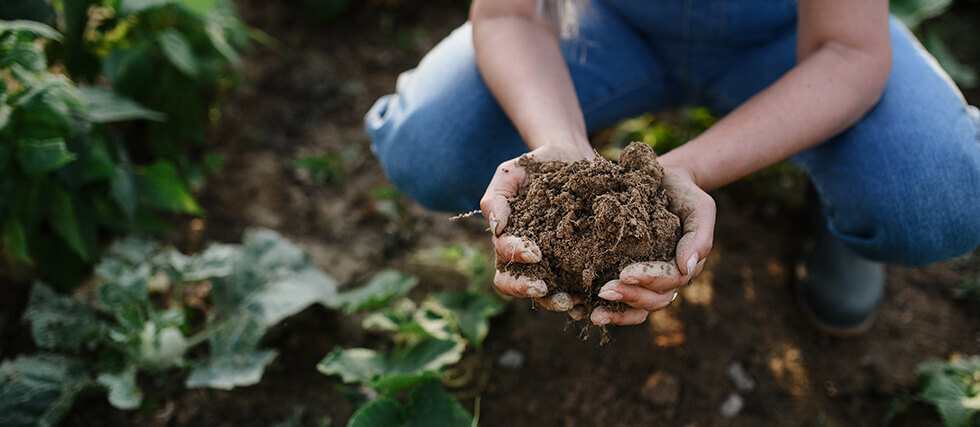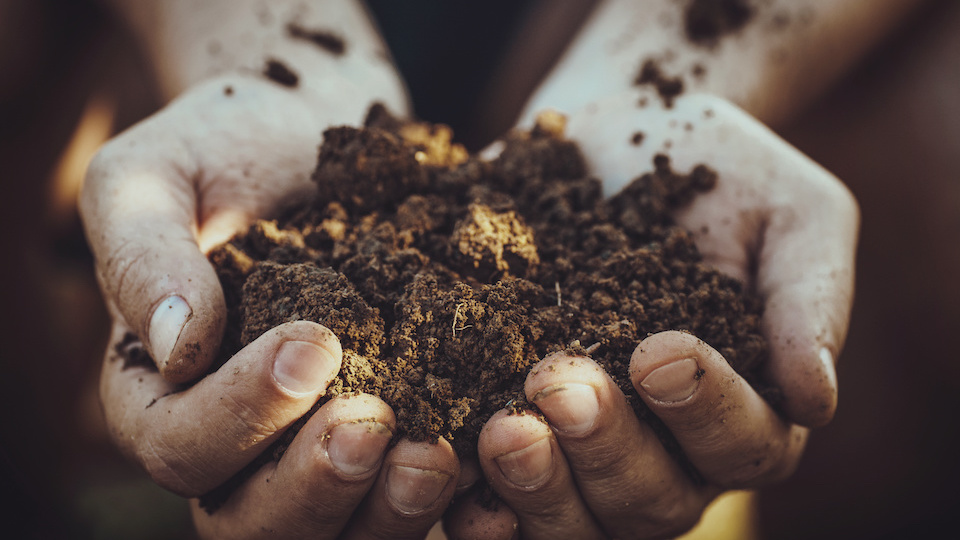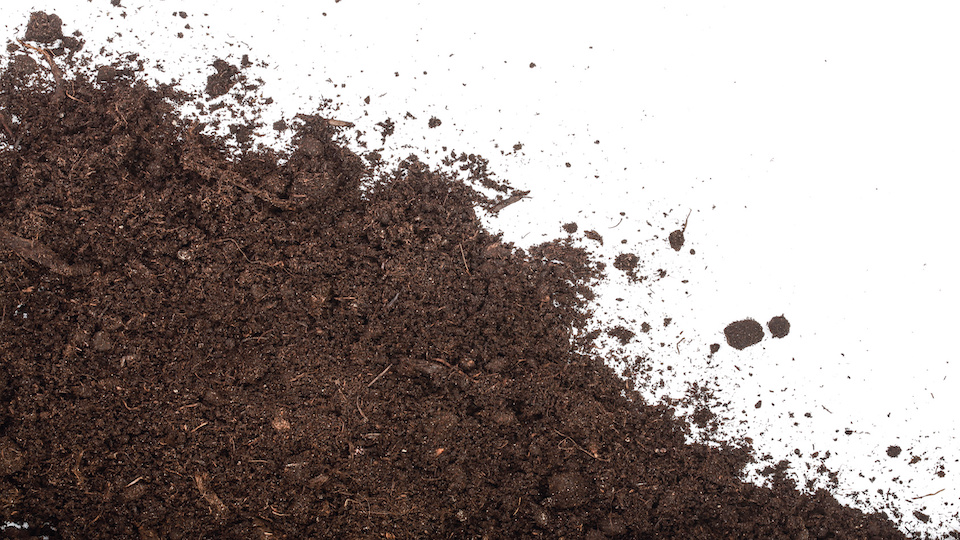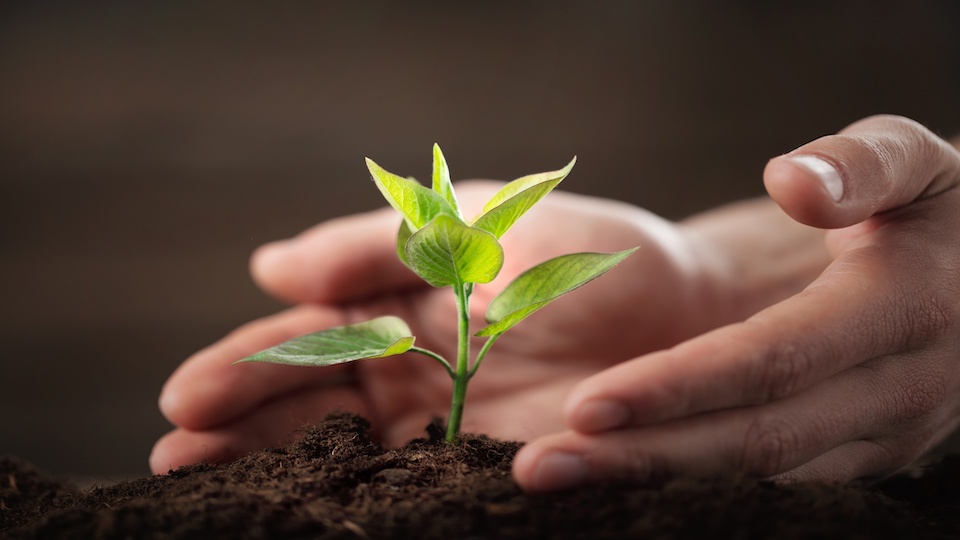Death is an inevitable part of life in this world. Birth and death are the two things that every single human being has in common, and while the mainstream has been accepting of advancements in alternative birthing options in recent years, such as home births and midwives, the view on death has not been so progressive. Until recently, cremation and traditional burial were the only options for funeral services and the processing of human remains. However, a new kind of revolutionary burial called “recomposition” is on the rise and is good news for earth and garden-lovers everywhere.
So what exactly is recomposition?
The bill signed on May 21 by Washinton State Gov. Jay Inslee, explains recomposition as a “contained, accelerated conversion of human remains to soil.” This process speeds of the process of converting dead bodies to soil in a respectful, controlled, aboveground setting and is often referred to as “human composting.” The bill passed on Tuesday, and legalizes human composting in Washington State starting May 1, 2020.
According to Katrina Spade, CEO of the human composting company, Recompose, “(The) body is covered in natural materials, like straw or wood chips, and over the course of about three to seven weeks, thanks to microbial activity, it breaks down into soil.”
The company advertises its services as a way to “support new life when we die” and is very focused on improving the environment and enriching the soil by supporting the natural cycle of decay and gently returning human remains to the earth.
Over the weeks that the body is being broken down into the soil, the family can visit the facility and will ultimately receive the earth that is created from their loved ones to use as they wish. This option is a way to return minerals and nutrients to the ground and is a viable alternative to burial.
Traditional burial in a cemetery can cause preservation chemicals from human remains, casket fumes, and varnishes to leech into the groundwater. Not to mention, this practice is only viable for so long before cemetery plots become overcrowded. Cremation releases harmful fossil fuels and carbon emissions into the environment, only contributing to the growing concerns of atmospheric pollution.
This environmentally friendly method of “natural organic reduction” is appealing to many who wish to see their body used to support the planet and create life through plants, after their death. The bill’s sponsor, state Sen. Jamie Pedersen, states, “It’s about time…we allow some technology to be applied to this universal human experience … because we think that people should have the freedom to determine for themselves how they’d like their body to be disposed of.”
Pedersen has vocalized his support of this bill, claiming that “Researchers from Washington State University have found the process to be safe and less expensive and better for the environment than burial or cremation.” Compared to rising funeral costs that now average between $8,000 and $25,000, human composting is likely to cost around $5,500, making it an affordable way to go green even after you pass on from this world.
Safety and benefits of human compost
Aside from supporting the environment by avoiding traditional burial or cremation and abstaining from the use of chemicals, the product of human composting, just like regular compost can return vital nutrients to the soil.
Lynne Carpenter-Boggs, professor of soil science at WSU, performed a recent study with six human bodies that had been donated for the process to determine if the practice was a safe and viable way of handling remains. The study showed that the soil made from recomposition met and often exceeded state and federal safety requirements for pathogens and metals that could be dangerous to humans and nearby plants
Carpenter-Boggs asserts the success of the process goes to the to thermophilic microorganisms that quickly raised the temperature of the container, and the selection of carefully calibrated plant matter that gently decomposed the body.
The soil could safely be used in the garden to grow flowers, fruit, and vegetables, or anywhere you would place traditional compost. What better way for a garden-lover to spend their eternal rest?
What do you think about having your body turned into compost? Let us know in the comments below.
-Taylor Ramsey







